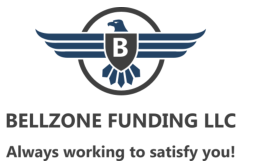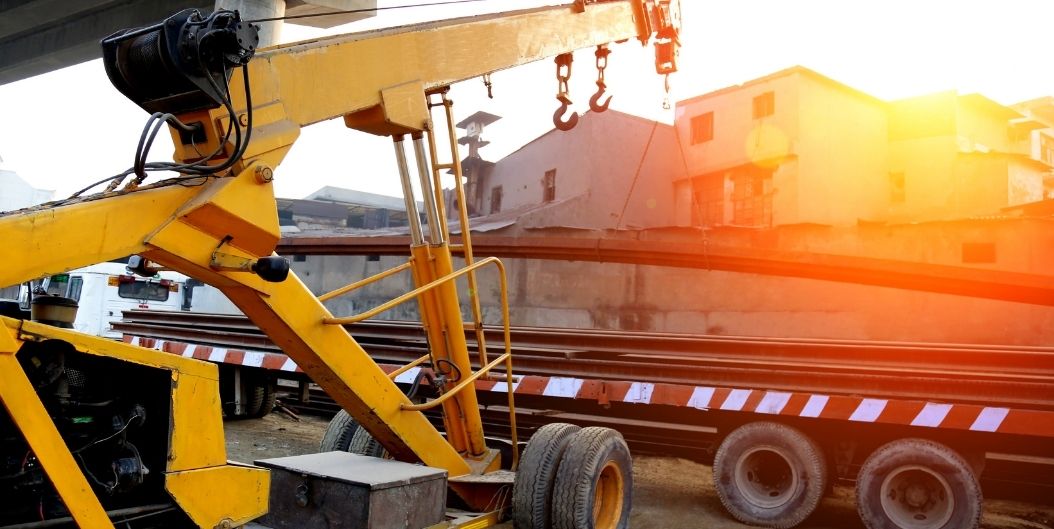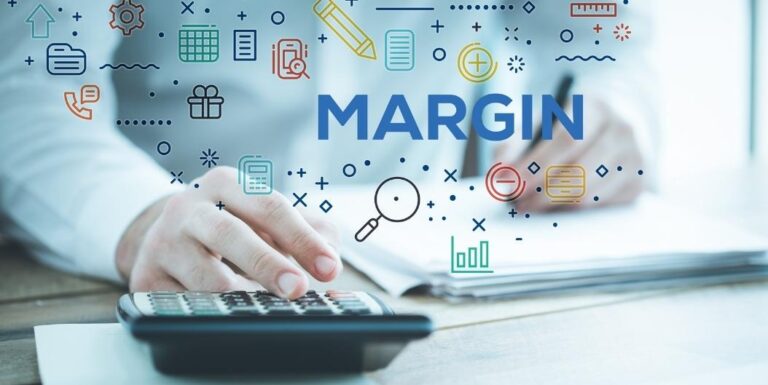Capital Lease Vs Operating Lease Which Works For You?
Lease and purchase are two very distinct concepts. When you purchase a commercial asset like a building space for an office, it is termed as the purchase of an asset, while leasing the same building means you have to pay some amount of money to use that asset, but you do not hold the ownership of that building. There are two methods of accounting for leasing- capital lease and operating lease. A capital lease is somewhat similar to the purchase of an asset, while under an operating lease, a person uses an asset for some period of time in place of some amount of money. This blog piece will provide detailed information about both the leasing methods and their influence on the businesses.
Capital Lease- Its Impact On The Business
A capital lease, also known as a financial lease, is a kind of lease in which all kinds of uncertainties and recompensation and the ownership of the asset of the business is transferred to the lessee. For accounting and tax reasons, a capital lease is a lease of business equipment that symbolizes possession. The perks and hazards of ownership are passed to the lessee under the provisions of a capital lease agreement. A capital lease is recorded as an asset in an organization’s balance sheet. It is somehow similar to the purchase of an asset. Below are some of the prerequisites that confirms the lease as a capital lease:
- The tenant or lessee can buy the asset at a price less than the regular price after the contract ends.
- The lease agreement period is usually higher than the life of the asset.
- In all cases, the lease value to be paid is usually equal to the asset’s market price.
- The asset ownership transfers to the tenant or lessee once the agreement ends.
All the above conditions are considered necessary to term the lease as a capital lease; otherwise, it will be considered an operating lease.
Businesses often find capital lease favorable like individuals, as this gives them the perk of leasing and possession. In most businesses, owners prefer to capital lease the assets with a long usage life, such as manufacturing machines, construction equipment, etc. The major benefit of leasing this equipment is that the businesses can depreciate them over time and make relevant deductions for interest, resulting in a good rate after the agreement ends. The capital lease is beneficial for the companies that need machinery and equipment with long life, not for a short duration. Depreciation rebates can be claimed on the financial report by the lessee to minimize taxable income. Thus, a capital lease is a lease for a long tenure along with transfer of perks, risks and ownership of the asset to the lessee.
Operating Lease- Its Impact On The Business
An operating lease, also known as a service lease, is a kind of lease in which all the perks and uncertainties pertaining to the asset are not transferred to the lessee. An operating lease is similar to renting a property as it does not involve the transfer of the ownership of the asset to the lessee. The landowner merely gives the lessee the right to use the property, and the lessee must transfer it to the landlord at the termination of the tenancy. Operating lease expenses are treated similarly to interest payments on borrowing in terms of taxation; these repayments are reported as operating costs on the business tax return for the year. Operating leases aren’t displayed on the balance sheet for accounting pursuits, but the lease payments are included in the profit and loss statement. In an operating lease, the lessee is responsible for maintaining the asset and returning it, or an equivalent, in the same condition and value as when it was leased. The lease agreement period is usually lower than the life of the asset.
Capital Lease Vs. Operating Lease- Which Is Best For Your Business?
The above information would have very well cleared you of the differences between both the leases. Irrespective of the business you run short term or long term – make a thorough plan of your business needs and requirements. For example, if you need tools and machinery with a long life and are seeking equipment financing alternatives, you can opt for a capital lease, while if you have a short term business need, you can go for an operating lease. Go through the policies of different companies and gather useful information on the tax and accounting rules of operating and capital lease, estimate the monthly expenses you have to bear and then opt for a leasing method that best suits your business needs and preferences.


